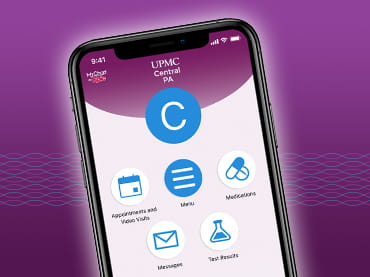Because studies suggest that the type of fat consumed can contribute to the development of breast cancer, you should avoid foods that contain trans-fatty acids, including commercially prepared baked goods, crackers and margarine. Experts recommend limiting your intake of beef, lamb and organ meats to three 3-ounce servings per week.
To help you maintain a healthy weight and thereby reduce your chances of a recurrence, you should also avoid sugary foods and beverages, such as sodas, sweets and processed foods. It is also a good idea to limit foods that are low in fiber, such as white bread, white rice, pasta and dairy products, and minimize your intake of cured, pickled and smoked foods, such as pickles, ham and lunchmeat.
Read your food labels carefully. Avoid foods containing high quantities of sugars, trans fats and sodium.


















